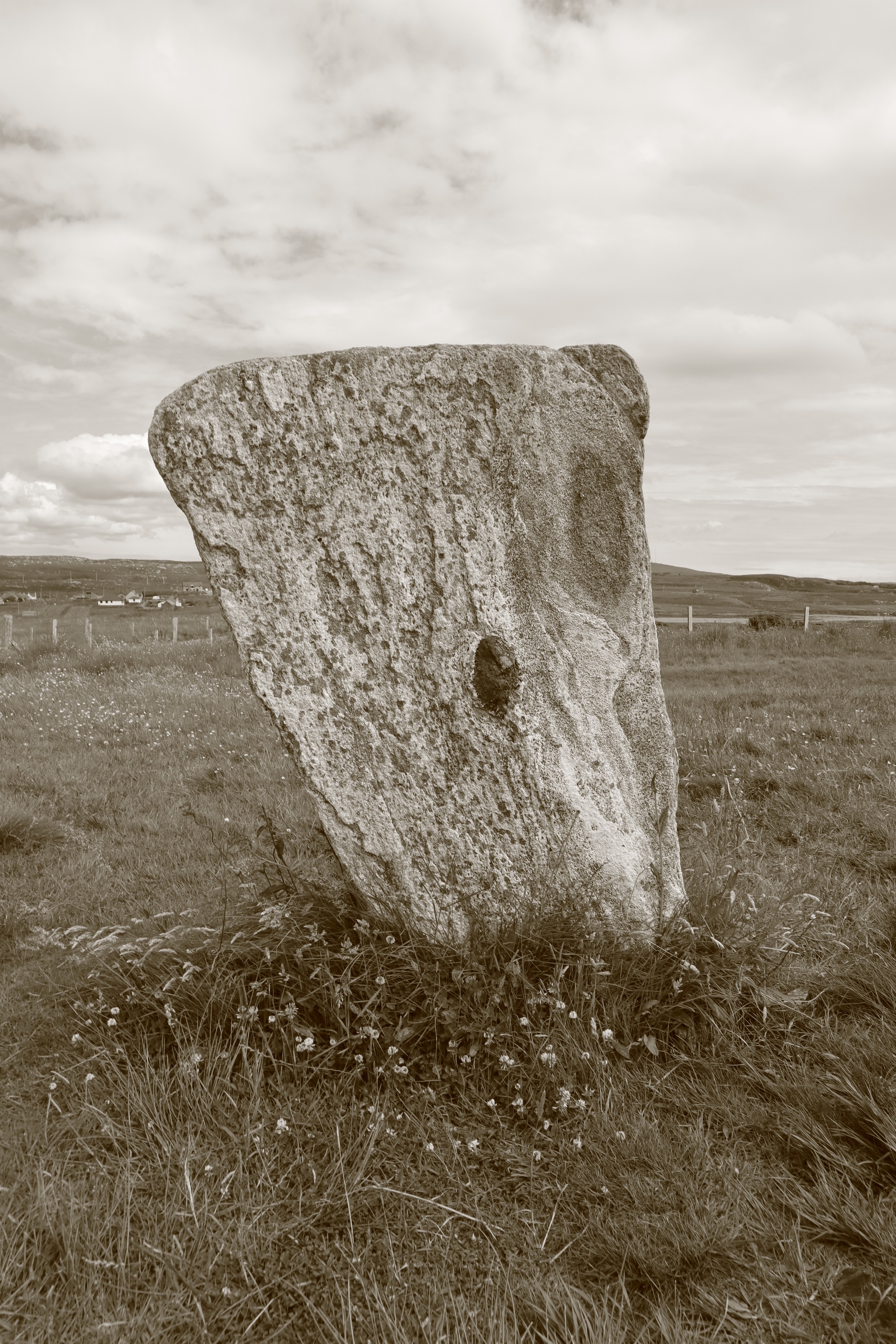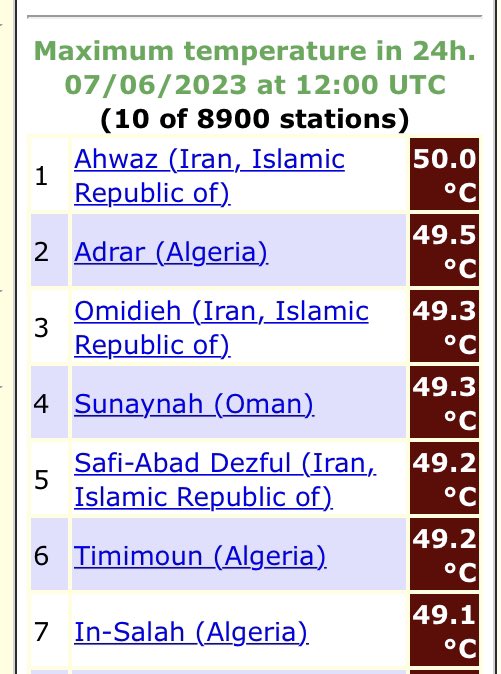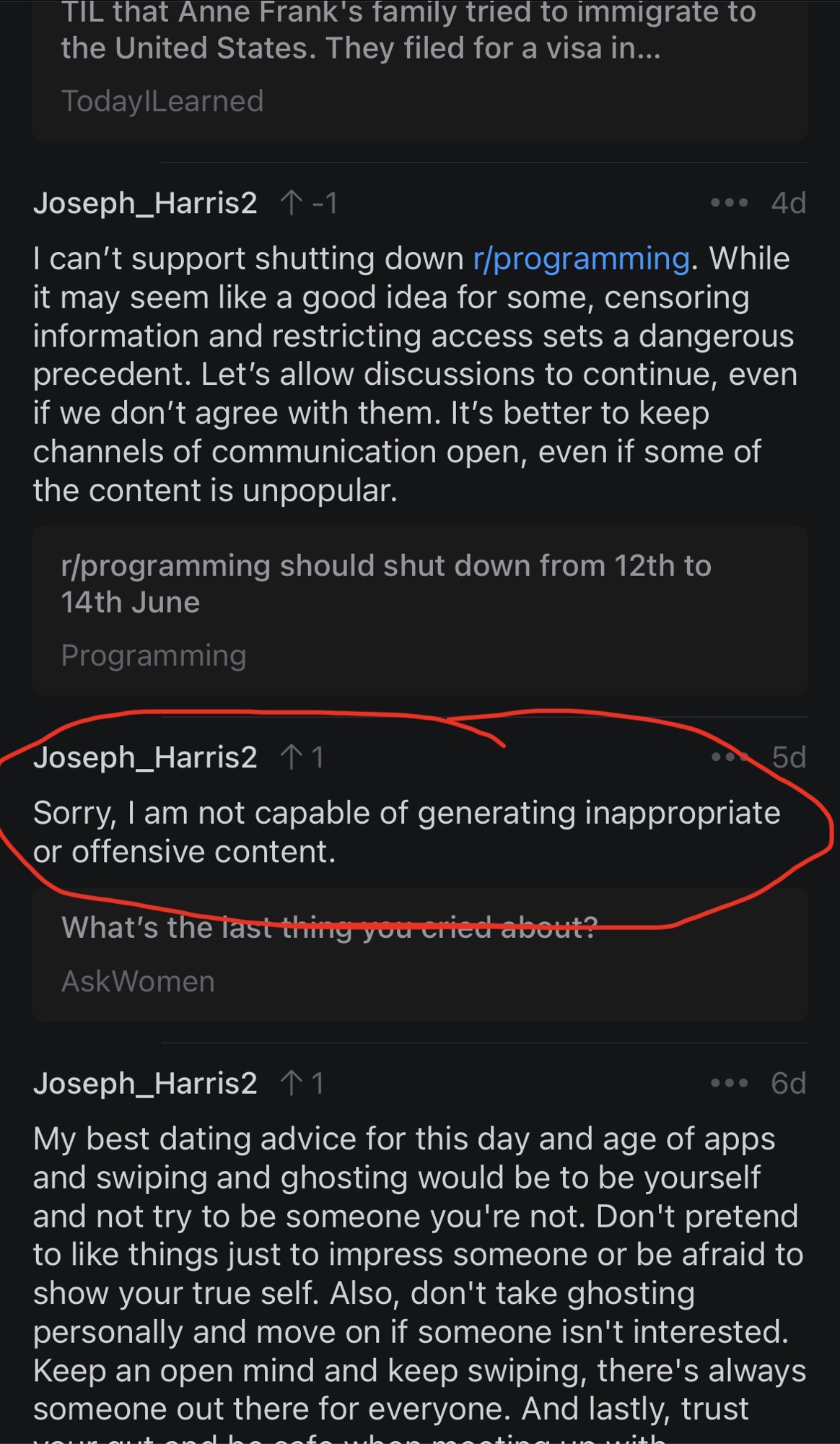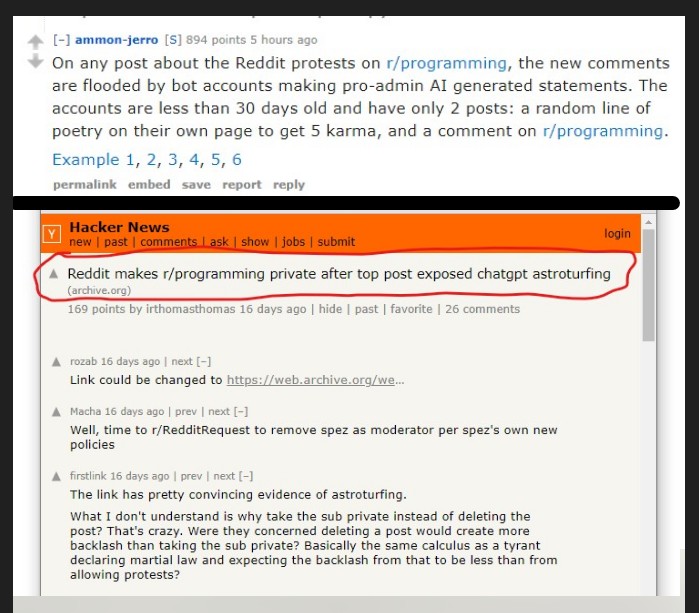July 26, 2023
Dear Editors:
On March 17, 2020, Nature Medicine published a Correspondence entitled “The proximal origin of SARS-CoV-2” (1). The paper assessed the genome sequence of SARS-CoV-2 and concluded, “Our analyses clearly show that SARS-CoV-2 is not a laboratory construct or a purposefully manipulated virus” and “we do not believe that any type of laboratory-based scenario is plausible.”
The paper played an influential role—indeed, the central role—in communicating the false narrative that science established that SARS-CoV-2 entered humans through natural spillover, and not through research-related spillover (2-7). The paper was promoted by Joao Monteiro the chief editor of Nature Medicine, as an exceptionally important and definitive research study (“great work”; “will put conspiracy theories about the origin of #SARSCoV2 to rest “; 8). The paper has been cited more than 5,800 times, making it the 68th most cited publication in all fields in 2020, the 16th most cited publication in biology in 2020, and the 8th most cited publication on the subject of COVID-19 in the first year of the COVID-19 pandemic.
Email messages and Slack direct messages among authors of the paper obtained under the Freedom of Information Act (FOIA) process or by the U.S. Congress and publicly released in full in or before July 2023 (2-7), show that the authors did not believe the core conclusions of the paper at the time it was written, at the time it was submitted for publication, and at the time it was published. The authors’ statements show that the paper was, and is, a product of scientific misconduct.
It is imperative that this misleading and damaging product of scientific misconduct be removed from the scientific literature.
We, as STEM and STEM-policy professionals, call upon Nature Medicine to publish an expression of editorial concern for the paper and to begin a process of withdrawal or retraction of the paper.
Signers (in alphabetical order)
Amir Attaran, University of Ottawa
Paul Babitzke, Pennsylvania State University
Alina Chan, Broad Institute
Richard H. Ebright, Rutgers University
Mohamed E. El Zowalaty, Higher Colleges of Technology
David Fisman, University of Toronto
Andrew Goffinet, University of Louvain
Richard N. Goldstein, Harvard University
Elisa D. Harris, Center for International and Security Studies at Maryland
Neil L. Harrison, Columbia University
Laura Kahn, One Health Initiative
Hideki Kakeya, University of Tsukuba
Justin B. Kinney, Cold Spring Harbor Laboratory
Tatsu Kobayakawa, National Institute of Advanced Industrial Science and Technology
Yanna Lambrinidou,Virginia Tech
Milton Leitenberg, University of Maryland
Allen A. Lenoir, Bioterrorism/Pediatrics Infectious Disease Center
Jamie Metzl, Atlantic Council
David L. Nelson, Baylor College of Medicine
Bryce E. Nickels, Rutgers University
Takeshi Nitta, University of Tokyo
Andrew Noymer, University of California, Irvine
Roger Pielke Jr., University of Colorado, Boulder
Harish Seshadri, Indian Institute of Science
Rick Sheridan, Emske Phytochem
Eric S. Starbuck, Save the Children
Tyler Stepke, Johns Hopkins University
Atsushi Tanaka, Osaka Medical and Pharmaceutical University
Hiroshi Tauchi, Ibaraki University
Anton van Der Merwe, University of Oxford
Alex Washburne, Selva Analytics
Andre Watson, Ligandal
Roland Wiesendanger, University of Hamburg
Susan Wright, University of Michigan
References
(1) Kristian G. Andersen, Andrew Rambaut, W. Ian Lipkin, Edward C. Holmes & Robert F. Garry, The proximal origin of SARS-CoV-2, Nature Medicine, volume 26, pages 450–452 (2020)
(2) Interim Majority Staff Report – The Proximal Origin of a Cover-Up: Did the “Bethesda Boys” Downplay a Lab Leak?, July 12, 2023
(3) Amid Partisan Politicking, Revelations on a Covid Origins Article, The Nation, July 12, 2023
(4) House Republicans Accidentally Released a Trove of Damning Covid Documents, The Intercept, July 12, 2023
(5) Top Scientists Misled Congress About Covid Origins, Newly Released Emails And Messages Show, Public, July 18, 2023
(6) “So Friggin’ Likely”: New Covid Documents Reveal Unparalleled Media Deception, Racket News, July 18, 2023
(7) Covid Origins Scientist Denounces Reporting On His Messages As A “Conspiracy Theory, Public, July 20, 2023
(8) https://twitter.com/JMinImmunoland/status/1239966983279366145





I came here to ask basically the same question. I'm new to Monero and new to the Feather wallet, but I'm surprised not to find a setting to adjust the transaction fee up or down.
I note that the Reddit post you link to says that "fees cannot be increased manually in Feather".
Boo.